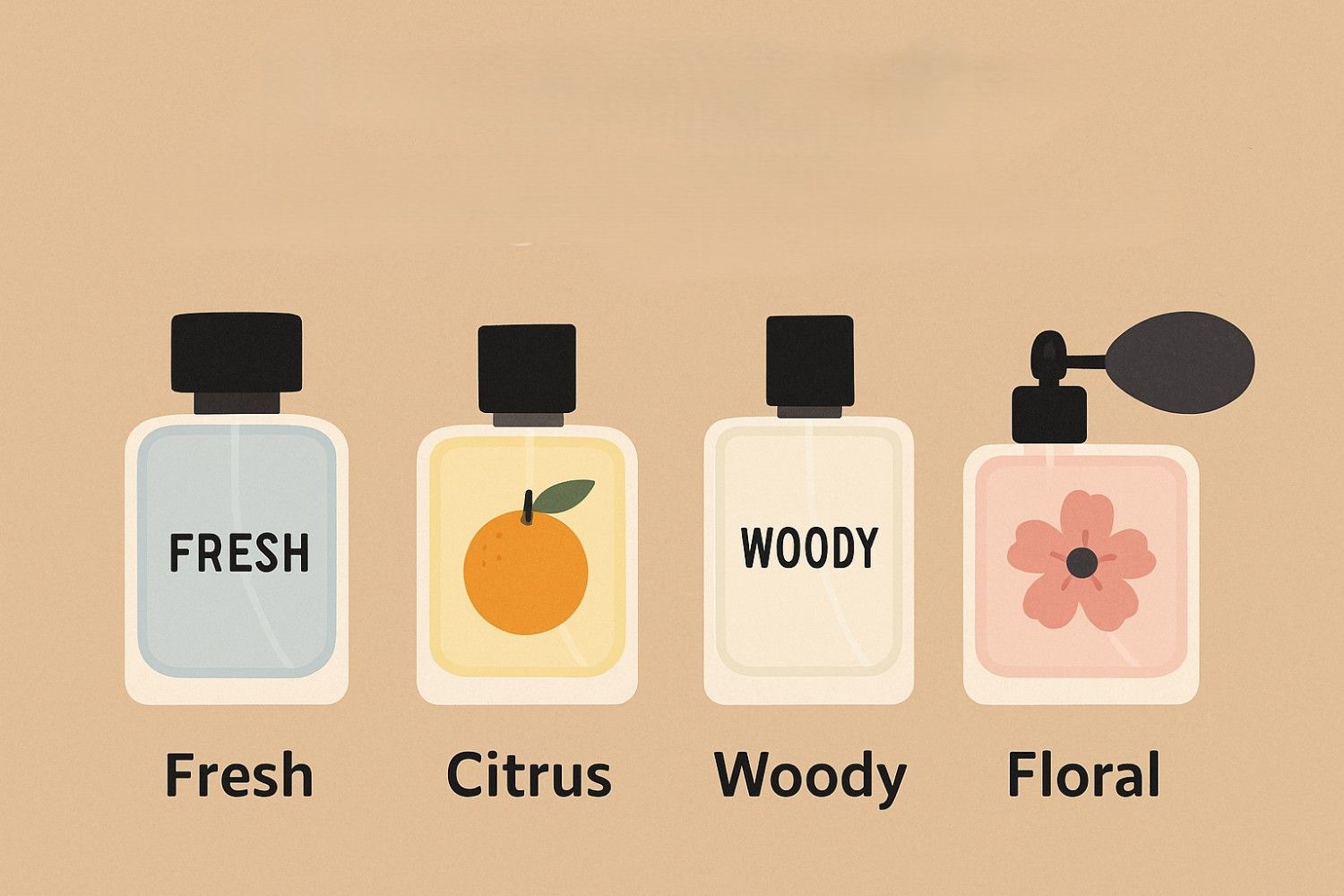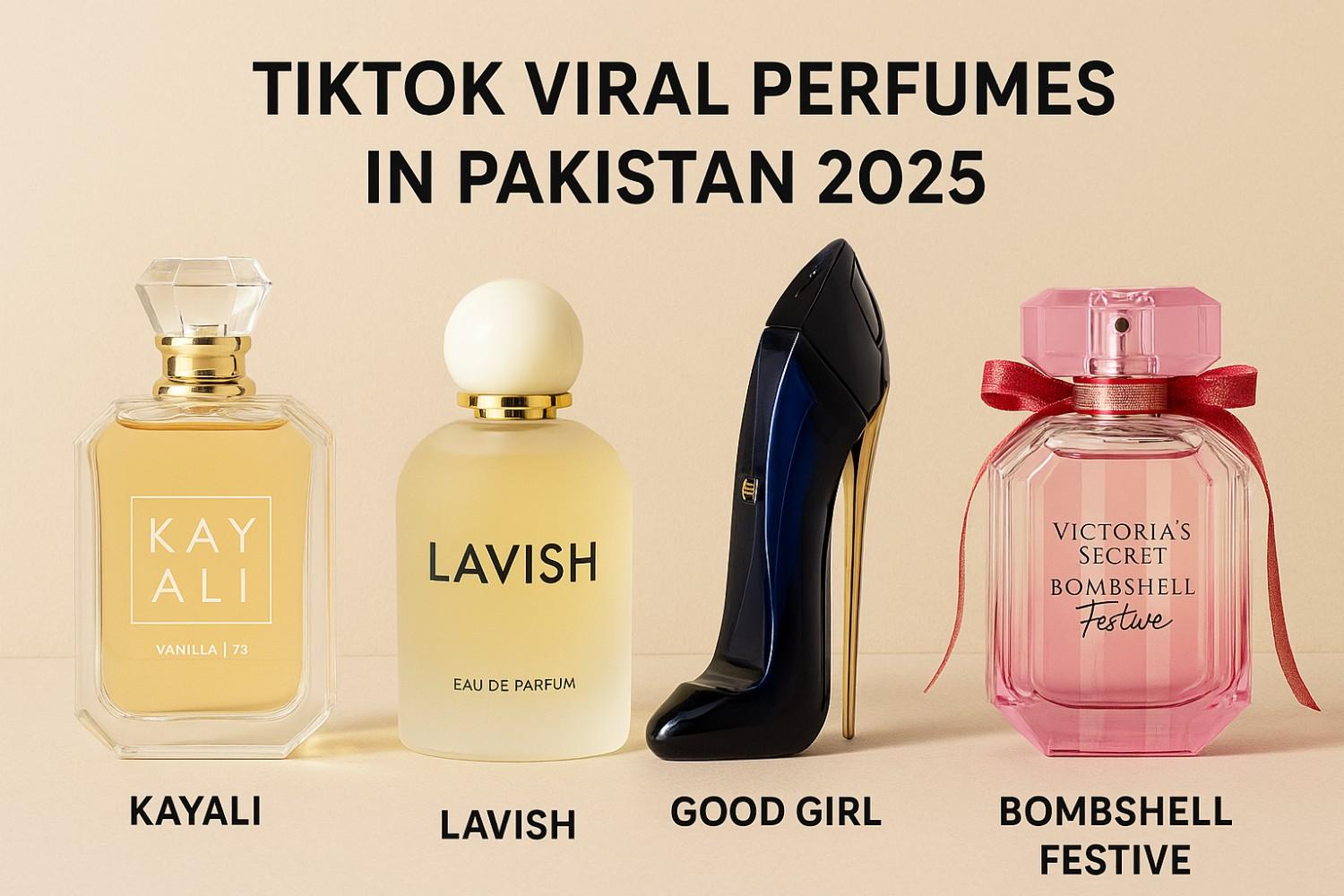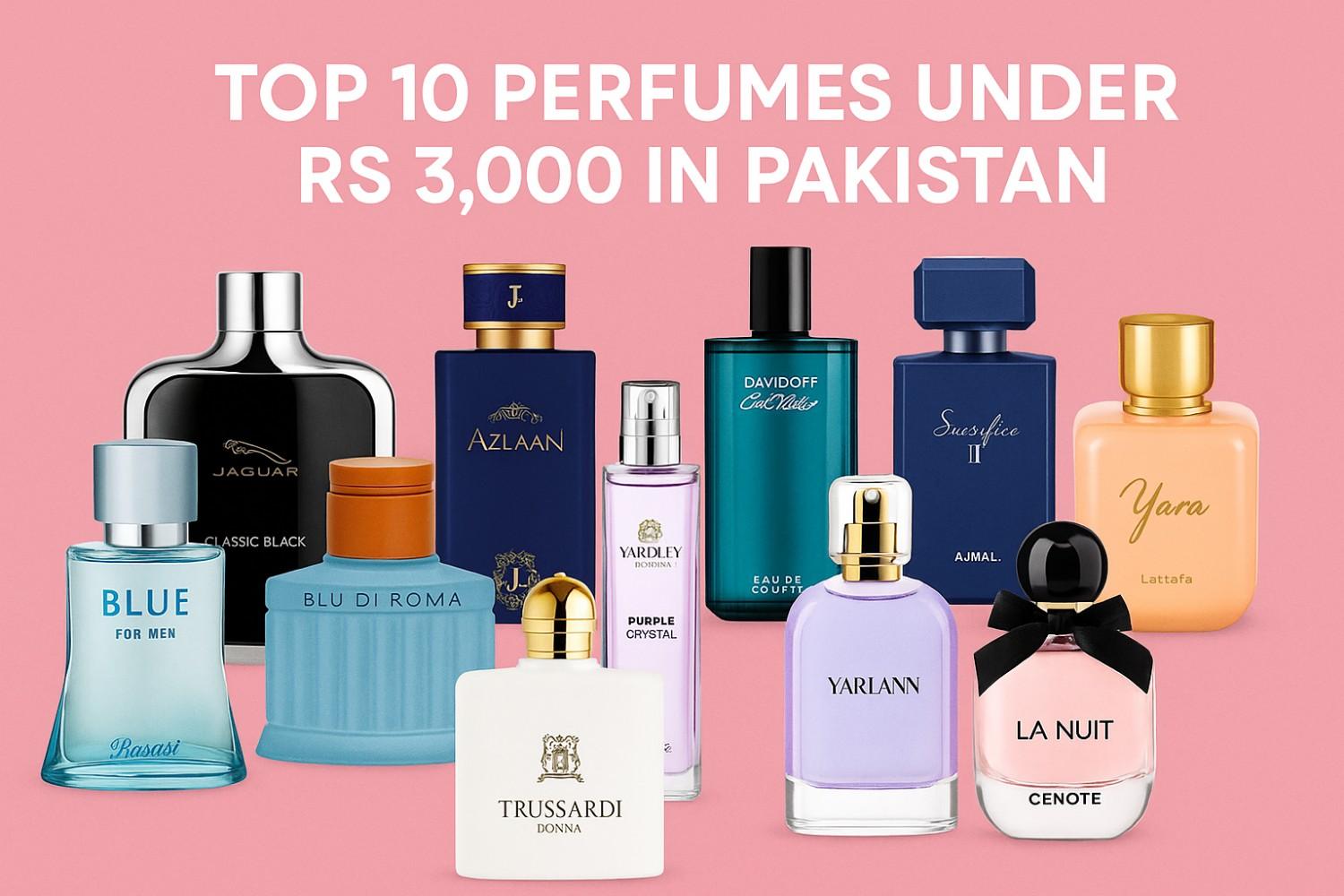Perfumes for Migraine Sufferers – Myths vs Facts
Perfume is often seen as a symbol of luxury, confidence, and personal style. But for people who suffer from migraines, fragrances can sometimes feel more like a trigger than a treat. Many migraine patients claim that perfumes, deodorants, or scented environments make their condition worse. This has created a mix of myths, fears, and confusion around whether perfumes should be completely avoided—or if there are safe, migraine-friendly options.
In this article, we’ll separate myths from facts, explore scientific research, and share practical tips for migraine sufferers who still want to enjoy perfumes without worsening their symptoms.
Myth 1: All Perfumes Cause Migraines
The Myth
One of the biggest misconceptions is that every perfume triggers migraines. People often assume that if they suffer from headaches or migraines, they must completely avoid fragrances.
The Fact
Not all perfumes are migraine triggers. Migraines are highly individual. Some people may find strong synthetic fragrances overwhelming, while others can tolerate certain natural, subtle scents. Research suggests that it’s often specific notes or high concentrations of certain chemicals (like synthetic musks, aldehydes, or strong florals) that can set off migraines—not perfumes in general.
Tip: Test perfumes in moderation. Try lighter, fresh scents (such as citrus, herbal, or aquatic notes) instead of heavy, spicy, or sweet fragrances.
Myth 2: Migraine From Perfumes Is Just “Psychological”
The Myth
Some people dismiss perfume-induced migraines as psychological or “all in the head.” They believe sufferers simply imagine headaches when exposed to strong scents.
The Fact
This is false and unfair to patients. Studies show that fragrance sensitivity in migraine sufferers is very real. Strong perfumes can overstimulate the olfactory system, which is closely linked to the brain’s trigeminal nerve—one of the key nerves involved in migraine attacks.
Perfumes can also act as environmental triggers, similar to bright lights, loud sounds, or stress. It’s not psychological—it’s neurological.
Myth 3: Only Expensive Perfumes Trigger Migraines
The Myth
Some assume that luxury perfumes, because of their strong compositions, are more likely to cause migraines.
The Fact
Price has nothing to do with it. Both luxury and affordable perfumes can trigger migraines if they contain ingredients that a person is sensitive to. The difference is usually in the concentration and quality of ingredients. Luxury perfumes may use higher-quality oils, but strong projection and longevity can also make them overwhelming.
Tip: Look for mild Eau de Toilettes (EDT), body mists, or perfume oils with softer sillage if you’re prone to migraines.
Myth 4: Migraine Sufferers Must Avoid Perfumes Entirely
The Myth
Many believe that migraine sufferers can never enjoy perfumes again.
The Fact
Total avoidance isn’t always necessary. Some migraine patients discover “safe zones” in fragrance families. For instance:
Citrus & green scents: Often light and refreshing.
Aquatic & marine notes: Clean and subtle.
Herbal & natural oils: Like lavender, chamomile, or sandalwood.
It’s about choosing subtle, skin-close perfumes instead of heavy projection fragrances. Personal testing is key.
Myth 5: Natural Perfumes Are Always Safe for Migraine Sufferers
The Myth
Since synthetic chemicals are often blamed, people assume natural or organic perfumes are safer.
The Fact
Natural perfumes can still trigger migraines. Essential oils like ylang-ylang, patchouli, and strong jasmine can be overwhelming for migraine sufferers. Some oils are even more potent than synthetic alternatives.
Tip: Don’t assume “natural” means safe. Always test perfumes—whether natural or synthetic—in small doses.
Factors That Can Trigger Perfume-Induced Migraines
Over-application – Strong sillage and projection can overwhelm sensitive people.
Poor Ventilation – Wearing perfumes in closed spaces like cars or offices increases intensity.
Perfume Concentration – Parfum or Extrait de Parfum is stronger than EDT or body sprays.
Specific Notes – Heavy musks, oud, and aldehydes are often reported triggers.
Hormonal Changes – Migraines linked to hormones may worsen with scent exposure.
Stress + Perfume – Perfume may act as a secondary trigger when stress already primes a migraine attack.
Migraine-Friendly Perfume Recommendations
Here are some types of fragrances that are often more tolerable for migraine sufferers (but always test personally):
| Category | Recommended Notes | Example Options |
|---|---|---|
| Citrus | Lemon, bergamot, grapefruit | Dolce & Gabbana Light Blue |
| Green/Herbal | Basil, mint, green tea | Elizabeth Arden Green Tea |
| Aquatic | Marine notes, fresh air accords | Davidoff Cool Water |
| Soft Floral | Lavender, iris, peony | Chanel Chance Eau Tendre |
| Woodsy Light | Sandalwood, cedarwood | Diptyque Tam Dao |
| Minimalist | Skin scents, light musks | Glossier You |
(In Pakistan, lighter scents from J., Saeed Ghani, and Bonanza also offer softer alternatives for daily wear.)
Coping Strategies for Perfume-Loving Migraine Sufferers
Test Before Buying – Spray once, monitor your reaction for a few hours.
Apply Sparingly – Use 1-2 sprays on clothing instead of skin.
Choose Softer Formulations – Go for EDT, colognes, or oils instead of Parfum.
Layer with Body Lotions – A scented lotion can give a subtle fragrance without intensity.
Keep Fresh Air Nearby – Carry a small fan or sit near ventilation when testing perfumes.
Fragrance-Free Days – Give your senses rest on migraine-prone days.
Myths Busted: Quick Recap
All perfumes don’t cause migraines.
It’s not psychological—scent triggers are neurological.
Expensive perfumes aren’t the only culprits.
Natural perfumes can also trigger attacks.
With the right choices, migraine sufferers can still enjoy fragrances.
Conclusion
Perfumes and migraines have a complicated relationship. While strong fragrances can definitely act as migraine triggers, not all perfumes are off-limits. The key lies in understanding personal sensitivities, avoiding heavy concentrations, and exploring lighter, migraine-friendly scents.
Instead of giving up on perfumes entirely, migraine sufferers in Pakistan and beyond can still enjoy fragrance—by making mindful choices, testing carefully, and using perfumes in moderation.
Perfume should be about enhancing confidence, not causing discomfort. With awareness and the right selections, even migraine sufferers can find scents that bring joy instead of pain.




